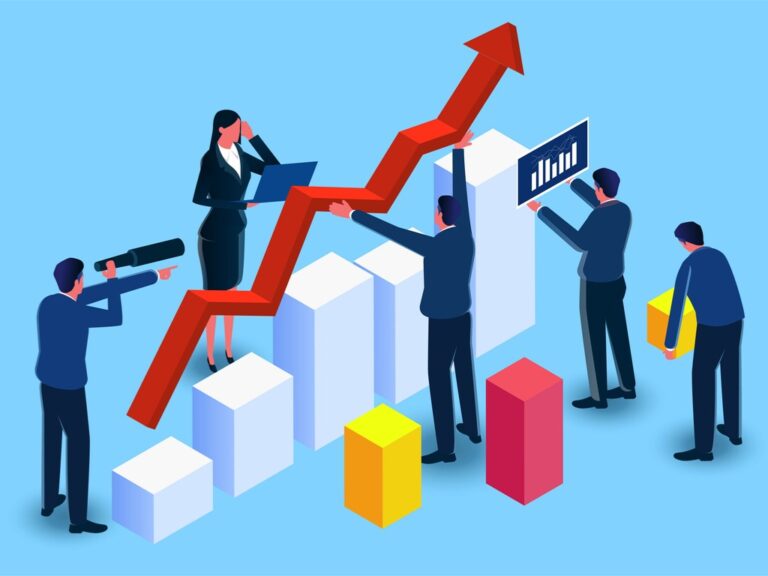The Crucial Role of Systems in Law Firm Growth and Efficiency
January 5, 2024

In times of rapid business growth, the initial excitement often gives way to frustration when existing systems struggle to handle increased workloads. According to an article by Attorney At Work, this results in a detrimental cycle where long hours lead to fatigue, reduced efficiency, delayed deliveries, and client dissatisfaction, which makes it challenging to focus on business development.
To break free from this cycle and prepare for sustained growth, should implement effective systems. The term “systems” extends beyond technology and encompasses optimized combinations of people, processes, and technology that enhance practice efficiency.
Law firms should invest time in creating systems, even during busy periods, because systems contribute to time savings, preventing wasted effort and increasing overall efficiency. Without standardized processes, tasks take longer, and delegation becomes challenging. Efficient systems ensure that the right people are doing the right work in the right way, using the right tools.
Moreover, systems play a pivotal role in enabling growth and scalability. By streamlining administrative tasks, lawyers can spend more time on billable work during periods of growth. Clear processes and standard operating procedures (SOPs) facilitate the onboarding and training of new team members, allowing for effective delegation of legal and business tasks.
Although creating systems requires an initial time investment, the long-term benefits are worthwhile. Starting small during busy periods is recommended, with a focus on gradual improvement. The goal is to make the practice just 1% better every day. Ultimately, implementing effective systems is positioned as the key to breaking the feast or famine cycle, ensuring sustained growth, and providing the freedom to engage in high-value work and business development.
Get the free newsletter
Subscribe for news, insights and thought leadership curated for the law firm audience.




